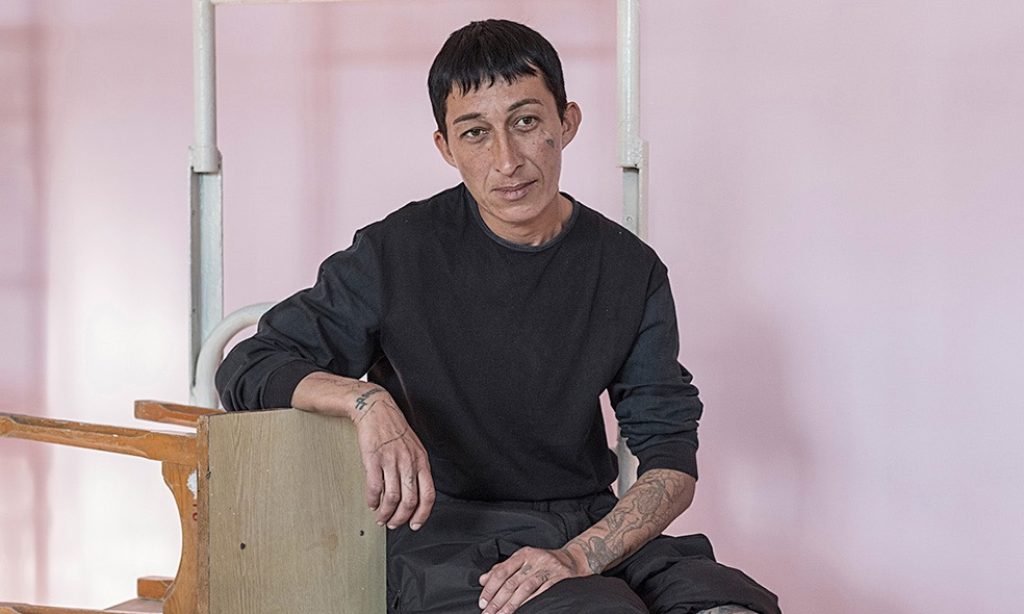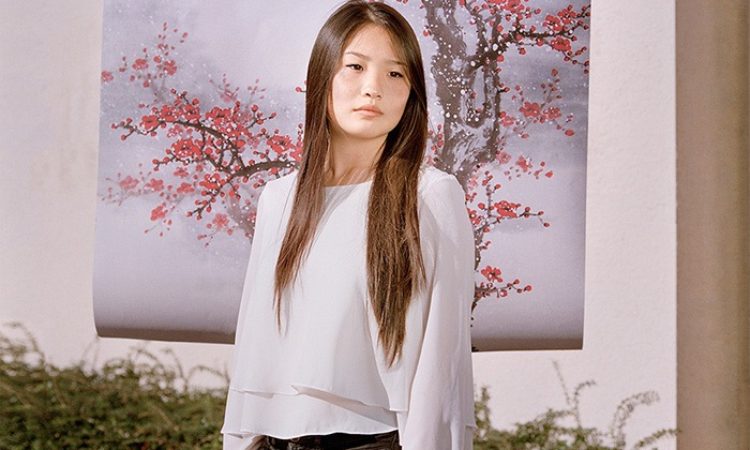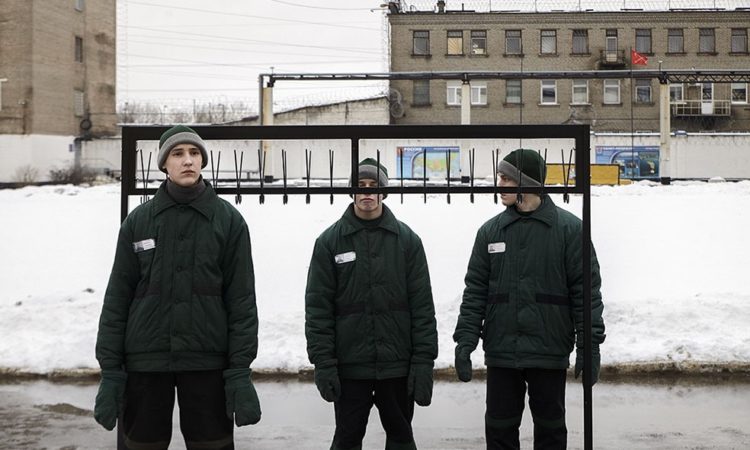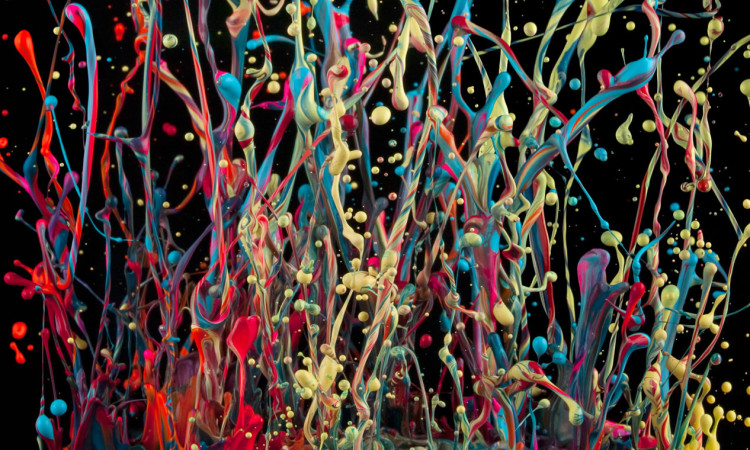The project about women’s prisons is a part of a trilogy that is centered around lives of women in closed institutions. The impulse of research of such communities arose in a reflection of my teenage period spent at the closed rehabilitation boarding school. I would like to take a closer look at the dynamic interplay of processes of isolation and surveillance, at unique qualities of emotional and social relationships within restrictions of artificially insulated women’s societies.
I spent few months (2014), working in several prisons for women in the Siberia.In a paradoxical way, in Russia, almost exultant romanticization of the prison with all rogue romanticism coexists hand in hand with squeamish rejection of daily prison routines and living habits of inmates. While working on the project, I realized that, to a large extend, prison community is a model of our “society”; perhaps, a bit more brazen and visceral. It is quite possible that the recognition of a prison as the periphery of the social, as the border of civilization, lies at the very base of this heady mixture of romantic enchantment, revulsion and opaque, viscous fear.

Section © Elena Anosova
The demolition and erosion of the last vestiges of the intimate are accelerating everywhere and with increasing ruthlessness. This pressure is glibly justified by its preventive nature and its (intended) correctional aspects. With the development of Internet and current technological advances various monitoring systems became part of our everyday life. Total surveillance of all the aspects of social, economic and private life became possible. It all is excused as “the war for our common secure and safe future”. Nobody is protected from the caring attention of a flaming eye and its penetrating laser beams. On a macro-social level this control is being realized through a dense network of administrative decrees and regulations; on a micro-social ground floor it is imposed via mesh of unsaid rules and unwritten sub-tribal protocols. In any case there is a wide variety of punitive measures and instruments capable of inflicting punishment of varying degrees of cruelty.

Section © Elena Anosova
Everybody can become an object of surveillance with further public accessibility to one’s most intimate spaces. Everyone should be available at any time and everywhere. In the new war all priorities are shifted into a cloudless future and any attempt to defend oneself from ever more intrusive personal search is seen not as a declaration of ‘inalienable human rights’, but as a sign of disloyalty to the idea of ‘the common good’ and as a signal of a potentially deadly threat to stable, predictable future. This situation might be lying at the root of paranoid psychosis that permeates a considerable part of our society. In the enclosed space of prison a woman is always in the position of being watched, observed. She is deprived of any – even fictitious or imaginary – possibility to be alone. Many years of complete nudity and the loss of intimate space cripple a personality that is placed in a society as merciless as it sees fit to crimes committed.
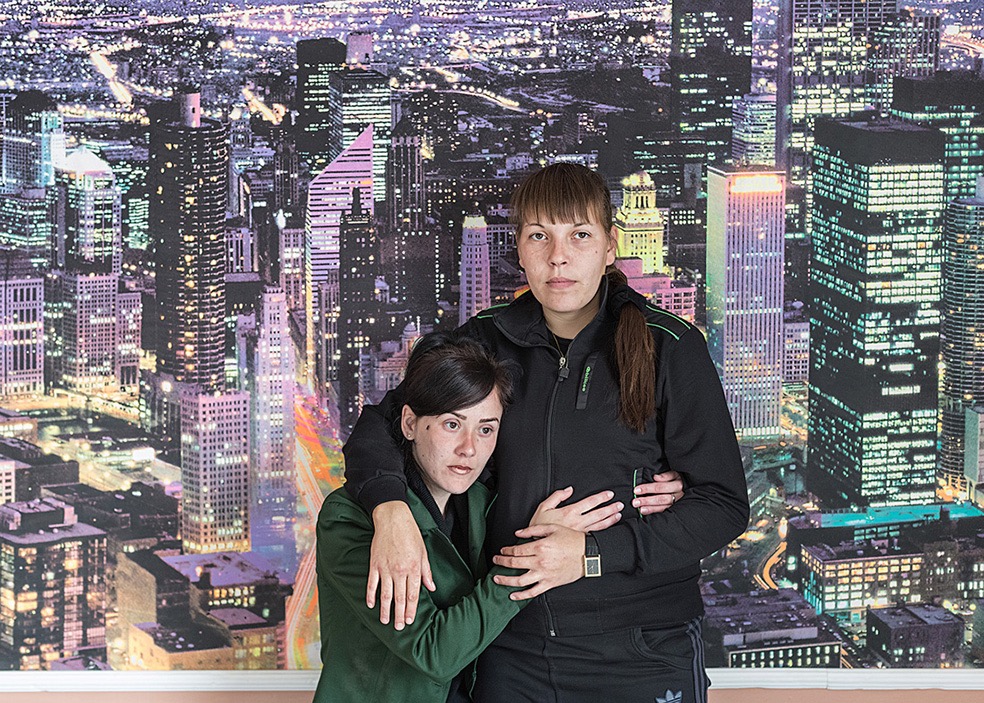
Section © Elena Anosova
Originally hailing from the picturesque region of Baikal, artist Elena Anosova (born in 1983) is currently based in Moscow and Irkutsk. Anosova graduated from the The Rodchenko ArtSchool, Moscow, Russia in 2016. Anosova’s work is centered around lives of women in closed institutions, isolation, social stigmatization. The impulse of research of such communities arose in a reflection of her teenage period spent at the closed rehabilitation boarding school. Also Elena Anosova works with subjects of borders, identity and collective memory in the territory of Siberia, Extreme North and Russian Far East. Anosova was recently awarded the 1-st place in Portraits – Hellerau Photography Award, Spot Light Award at the V annual World.Report Award – Documenting Humanity and won Center Project Launch Grant. Her dummy Section is in Shortlist MACK First Book Award 2016.
Website: anosova.com
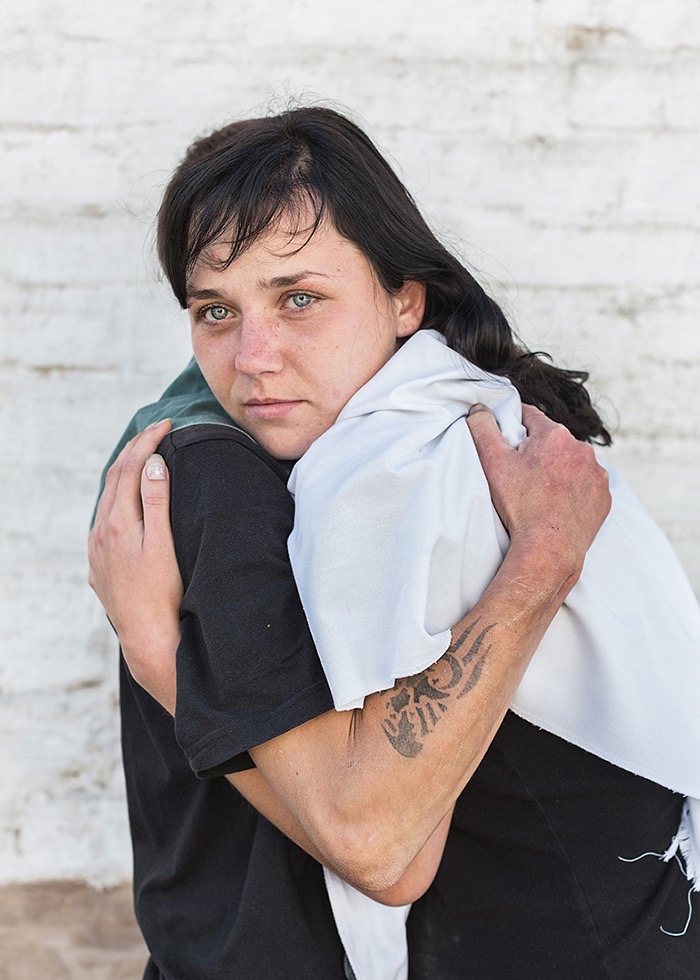
Section © Elena Anosova
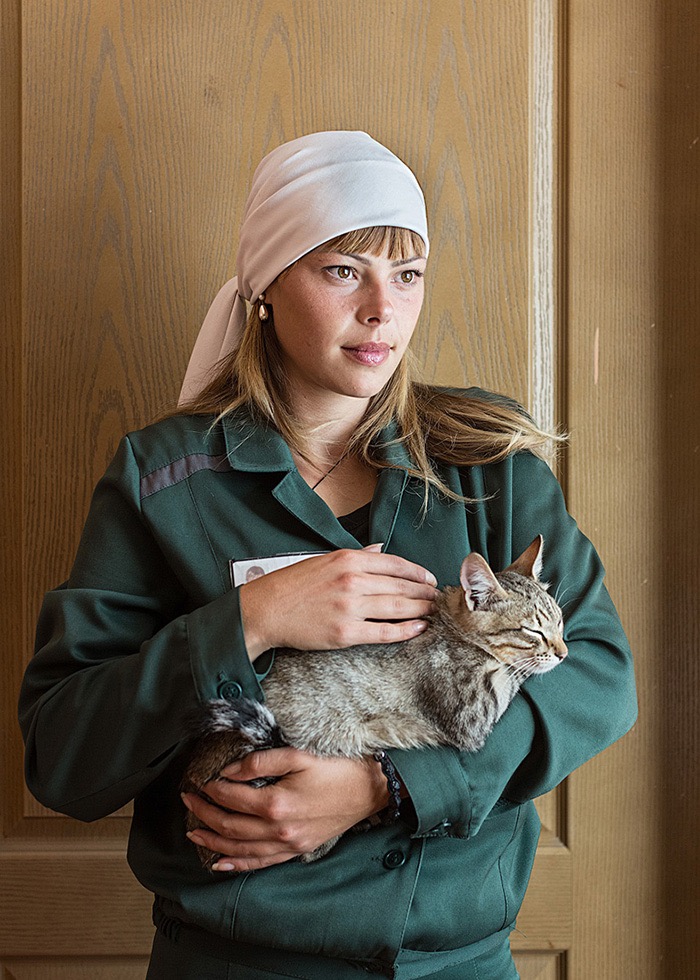
Section © Elena Anosova
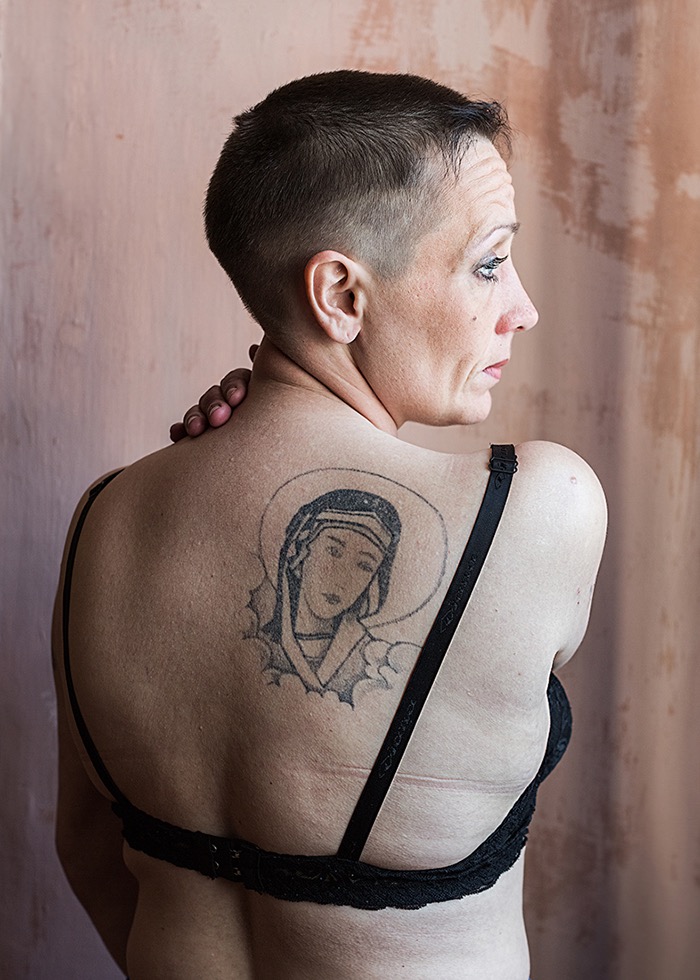
Section © Elena Anosova

Section © Elena Anosova
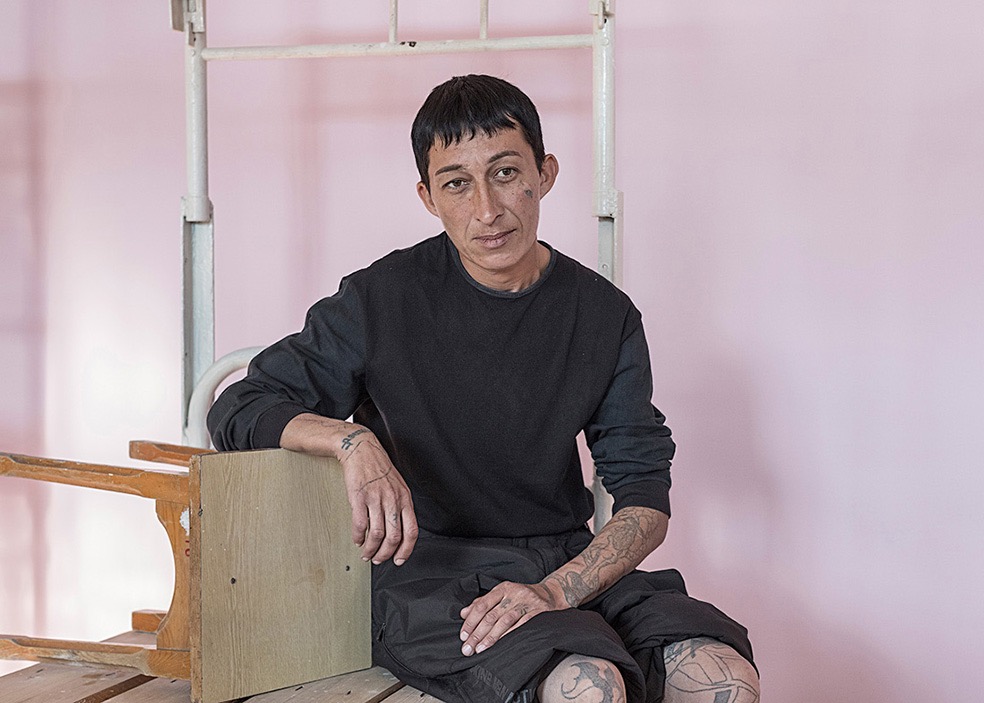
Section © Elena Anosova
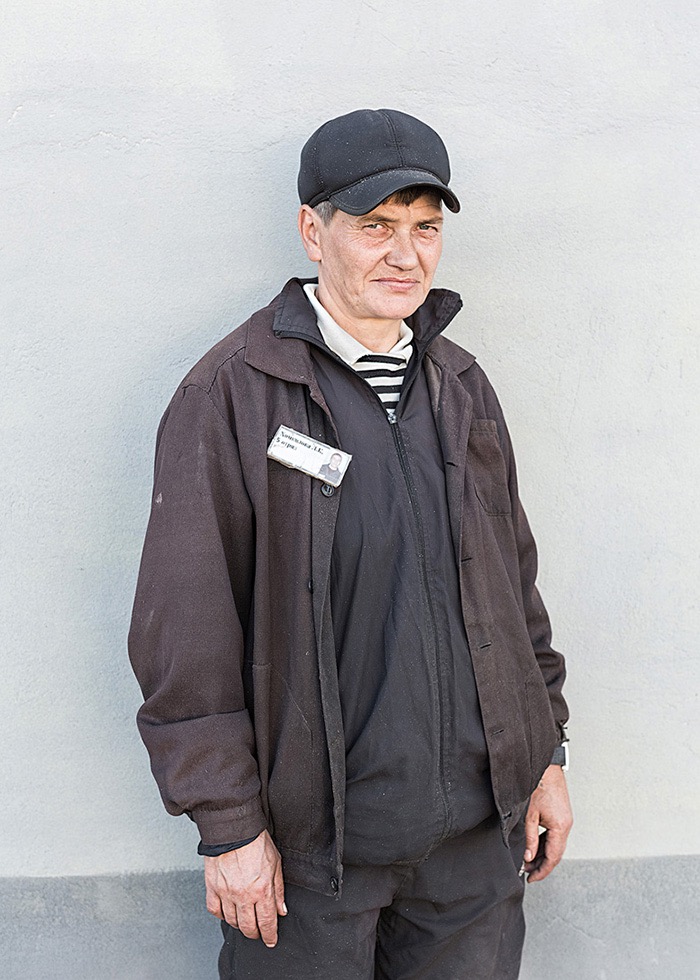
Section © Elena Anosova
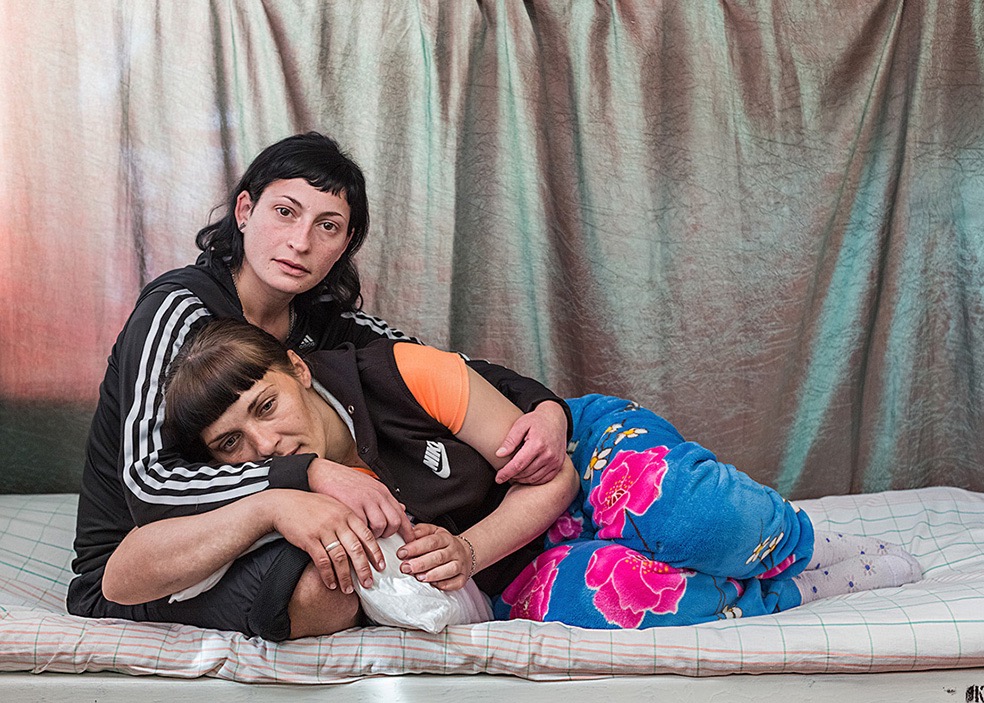
Section © Elena Anosova

